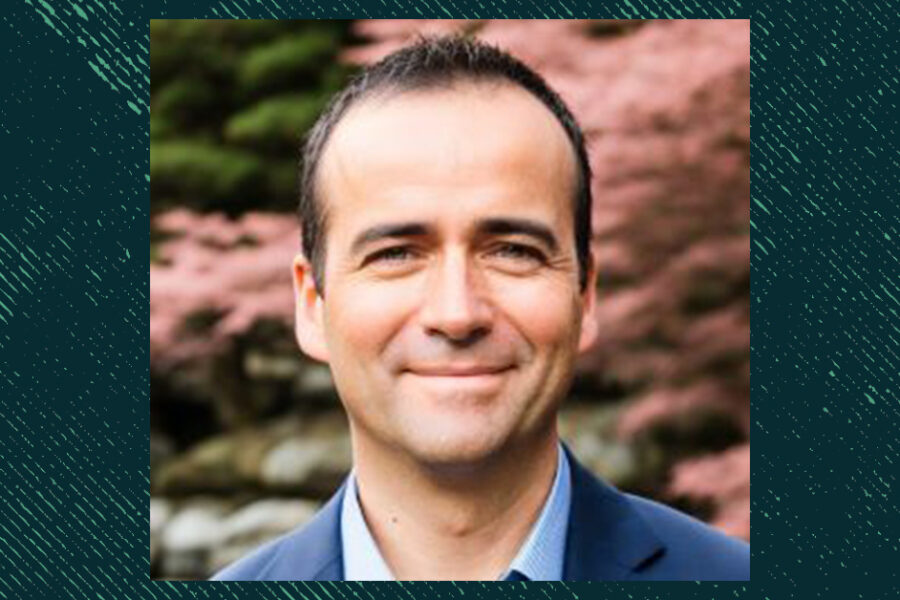In today’s workplaces, inclusive leadership has become essential to creating environments that not only meet organizational goals but also address the urgent social issues impacting our communities. With heightened awareness around race, inclusion, and equity, leaders face both traditional workplace challenges and the added responsibility of navigating complex social dynamics. The current political and social climate demands that leaders be prepared to foster workplaces where all voices are heard and every individual feels valued and respected.
Inclusive leadership doesn’t just help organizations achieve better team dynamics; it builds resilience and inspires innovation by addressing the deeper, often difficult issues that can shape a workplace.
By prioritizing inclusivity, leaders empower their teams to engage with—and positively impact—the broader challenges of race and equity that extend beyond organizational walls and into the wider community.
The Power of Inclusive Leadership in Strengthening Teams
At its core, inclusive leadership is about creating a space where every team member feels seen, heard, and respected. Leaders who adopt this approach understand that inclusion goes beyond surface-level diversity initiatives—it involves actively engaging with team members’ unique experiences and backgrounds, particularly those who may face marginalization or exclusion.
When leaders embrace inclusivity as a fundamental value, they unlock the potential for stronger connections, deeper understanding, and higher levels of team performance. “Inclusive leadership extends our thinking beyond assimilation strategies or organizational demography to empowerment and participation of all, by removing obstacles that cause exclusion and marginalization. Inclusive leadership involves particular skills and competencies for relational practice, collaboration, building inclusion for others, creating inclusive workplaces and work cultures, partnerships and consensus building, and true engagement of all” (Booysen, 2014, p. 298).
Inclusive leadership is a person-centered approach that focuses on engagement and high-quality connection, enabling human flourishing, building confidence, communities, and partnerships through empowerment, and recognizing and developing talent that influences the quality of the organizational environment (Booysen & Gill, 2020).
Inclusive leaders foster collaboration and belonging by emphasizing open communication and psychological safety. They encourage their team members to express their ideas, share their perspectives, and offer constructive feedback without fear of retribution. This open environment enhances trust, allowing team members to feel secure in their roles and contributing to a culture where innovation thrives.
Models and Frameworks for Inclusive Leadership
Inclusive leadership isn’t a one-time achievement—it’s an ongoing commitment to personal growth and social responsibility. To effectively promote inclusion within their teams, leaders can leverage several established frameworks and models:
- Enhancing Cultural Competence: Leaders must develop a deep understanding of cultural and racial identities, including their own, by learning about racial histories and current issues that affect various groups. Leaders with high cultural competence can adapt their communication and leadership styles to meet the needs of a diverse team, ultimately building trust and strengthening team dynamics.
- Considering Intersectionality: Beyond personal interactions, leaders should recognize how overlapping social identities—such as race, gender, and socioeconomic status—shape individuals’ experiences and opportunities. Understanding these structures helps leaders recognize and address unique challenges that team members face, fostering a stronger sense of belonging for everyone.
- Committing to Action and Accountability: Inclusive leadership is an ongoing commitment to personal growth and social responsibility. Leaders dedicated to inclusivity actively engage in self-reflection, education, and adaptation. This may involve seeking feedback from their team, attending workshops on racial equity, or participating in professional development programs focused on inclusion and justice.
- Leading by Example: Inclusive leaders model empathy, open-mindedness, and accountability, setting a positive example for their teams. By acknowledging their own biases and showing a willingness to grow, leaders foster a culture of humility and learning, encouraging everyone to strive for a more inclusive workplace.
- Institutionalizing a Culture of Inclusion: A culture of inclusion can be institutionalized by weaving inclusion into the everyday. operation and context of the organization through translating the values of inclusion into its mission, vision, strategy, systems, structures, staff, skill building, leadership styles, and most importantly, leadership practices (Booysen, 2021).
- Taking Power Dynamics into Consideration: Inclusive Leadership
creates spaces where power is distributive and seen as power with, which emphasizes mutuality and co-creation. Therefore inclusive leaders need not only be aware of their own power signature(s) at play, but they also need to be aware how the socio-historical-cultural-political context results in power dynamics that create inequalities in the system, where certain people and groups might have power to, power to act on behalf of others, or power over others, where power can be used to punish, incentivize, marginalize, or empower others (Booysen, 2021).
Developing Inclusive Leadership Skills to Drive Racial Justice
Inclusive leadership requires an active commitment to understanding and addressing the dynamics of race and racism within teams. Leaders striving for racial justice recognize that social and historical contexts shape each team member’s experience, often creating unspoken barriers that need careful consideration.
Some practical steps to begin this journey include:
- Self-reflection and Learning: Leaders can begin by examining their own biases and privileges, seeking constructive feedback from their teams, and pursuing continuous education on issues of race and justice. Engaging in workshops or conversations with individuals from diverse backgrounds demonstrates this commitment to understanding and growth.
- Fostering Open Dialogue: By creating regular opportunities for team discussions on diversity, equity, and inclusion, leaders normalize conversations around race and encourage team members to share their perspectives. Using inclusive language and establishing feedback channels can help ensure that everyone feels safe participating. Leaders should also invest in training and development by offering DEI sessions focused on bias reduction and cultural competence, setting an example by attending and actively engaging in these sessions themselves.
- Building Diverse Networks: Leaders can expand their perspectives by collaborating with different groups within and outside of their organization. Engaging with diverse communities through mentorship programs, partnerships, or cross-functional teams fosters inclusivity and broadens cultural awareness for leaders and their teams.
Through these efforts, inclusive leadership helps create spaces where conversations about race and equity are encouraged rather than avoided, building a more supportive and just workplace for all.
Expanding Your Impact with Inclusive Leadership
Inclusive leadership isn’t just about improving internal team dynamics—it’s also about contributing to positive social change. When leaders commit to inclusion and racial justice within their teams, they create a ripple effect that extends far beyond their organization and into their broader community.
Inclusive teams that are empowered to discuss and challenge social inequities among their peers are better equipped to advocate for change, both within and outside the workplace.
By embracing inclusive leadership, organizations can become catalysts for a more equitable society. As team members experience and witness the impact of inclusion firsthand, they are likely to carry those values into their interactions with clients, stakeholders, and community members, amplifying the effect of inclusive leadership.
Lead with Inclusion: Transform Your Team and Community
Inclusive leadership offers a path to stronger, more cohesive teams and a more equitable world. Leaders who prioritize inclusivity and racial justice help create workplaces where everyone can thrive, transforming their organizations into forces for positive change.
At Antioch University, we are committed to fostering transformative leadership that champions these values. If you’re ready to deepen your capacity for inclusive leadership, our Leading for Inclusion & Racial Justice professional certificate will equip you with the tools to make a lasting impact in your organization and beyond.
Ready to be a stronger, more inclusive leader? Learn more about Antioch’s PhD in Leadership and Change program.





